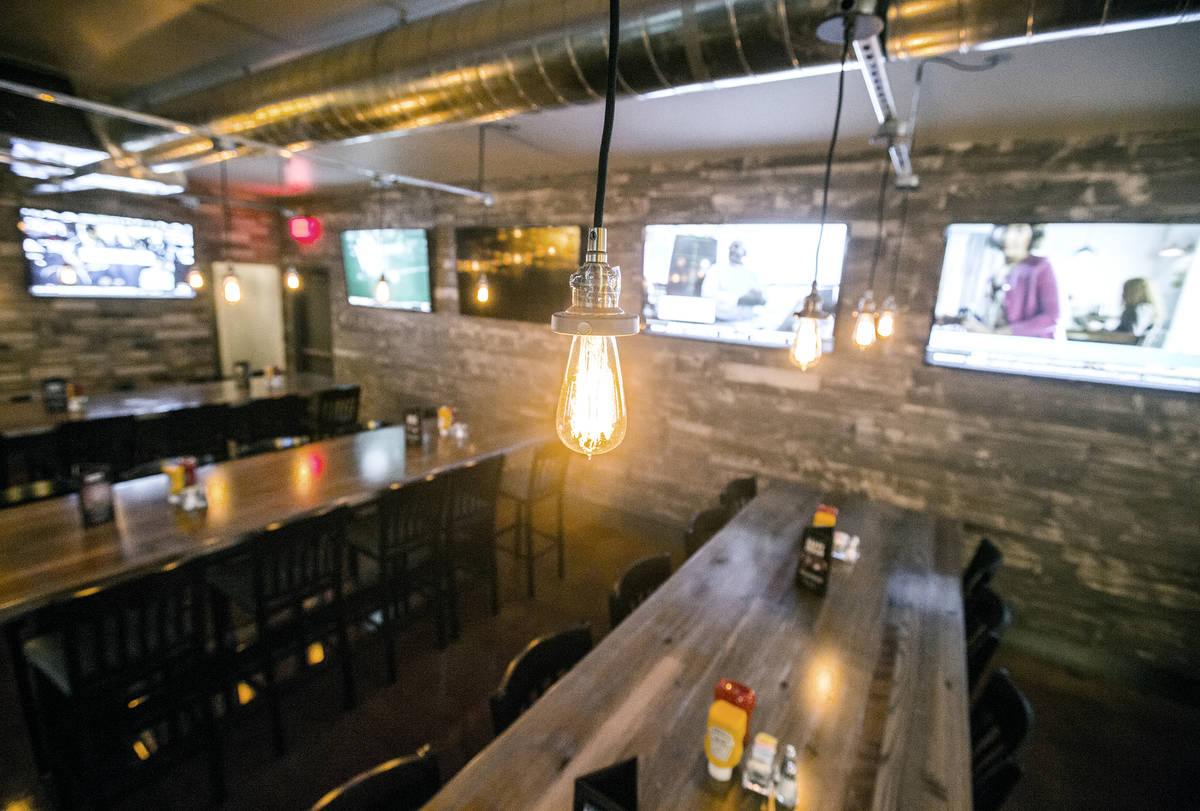EDITORIAL: State must share data behind virus decisions
Nevadans have endured months of lockdowns, business closures and other restrictions in an effort to combat the coronavirus. Policymakers have repeatedly assured nervous and restless citizens that these mandates stem from the “science” and the “data.”
Why then, are they so noticeably reticent to share the detailed information upon which they are basing these life-and-death decisions? Perhaps because they’re actually flying blindly through the fog without instruments.
States and local governments across the country “ordered nonessential business closed and told people to stay home,” a Wall Street Journal report noted last week, “all without the extensive analysis of benefits and risks that usually precedes a new medical treatment.” The result has often been a melange of arbitrary and often nonsensical edicts that governors and other leaders insist reflect the “science” but for which supporting data is often elusive.
In Nevada, for instance, state officials — more than five months into the pandemic — have yet to make public more than vague generalities about what they’ve learned regarding the spread of COVID-19 in the state. Last week, Caleb Cage, who is directing Nevada’s virus response, told the Review-Journal that state officials were analyzing information to identify certain events or businesses more prone to disease spread, but specifics remain cloaked. On Thursday, state officials did release a few details about disease transmission in rural Nevada. But they need to do more.
“If the state is not providing that information,” said Samuel Scarpino, head of Northeastern University’s Emergent Epidemics Lab, “the real question to ask is why. Are they not providing it because they don’t have it? That is a big concern. Are they not providing it because they don’t want to share it? That’s also a big concern.”
Either way, the result is a stunning lack of transparency, which leaves taxpayers unable to assess the validity of Gov. Steve Sisolak’s emergency actions and many business owners and workers feeling that they’re being capriciously targeted without evidence.
Gov. Sisolak’s decision to subject Nevada churches to a hard attendance limit while allowing most businesses to operate at 50 percent capacity has received plenty of attention. But other arbitrary anomalies abound. Consider the Nevada bar industry.
Taverns — like “sin taxes” — are easy targets, of course, and Gov. Sisolak has twice now ordered them to close as nonessential businesses that could exacerbate the spread of COVID-19. The edict applies to bars that don’t serve food (Does food ward off the virus?), but also prohibits bar-top gambling and service while capping capacity, leading many smaller outfits to shut their doors rather than forgo the gaming revenue.
In response, a group of bar owners sued the state, arguing they were being unfairly singled out. A District Court judge sided with the governor this month. But it’s worth noting that the state offered little statistical defense of the order — no “science,” if you will— in its filings. Rather its argument essentially amounted to “other states have done it,” Dr. Anthony Fauci “said bars should be closed” and “the governor can do what he wants” under the emergency powers delegated to him by the Legislature.
“That evidence just did not exist because we would have seen it in that case if it did,” said Dennis Kennedy, the Las Vegas attorney who represented the bar owners. “You just have these undifferentiated generalizations. If you’re closing businesses down and putting thousands of people out of work, you ought to have more than that.”
Some tavern owners have responded, at considerable expense, by moving their bar-top machines to other areas of the floor. Others have imported video poker consoles and placed them right next to the existing bar tops. The absurdity is readily apparent: Under Gov. Sisolak’s order, patrons are forbidden from sitting or gambling at the bar, but it’s OK to move 18 inches away to play at a temporary device. “Who has thought about this?” one Las Vegas bar owner said. “Where is the logic?”
There may indeed be legitimate public health reasons to restrict bar and other business activity. But state officials aren’t sharing it. Instead, they cloak themselves in “science” and “data” as if erecting a kryptonite shield intended to limit questions and keep critics at bay. Simply saying something is based on science doesn’t make it so.
There is no doubt that Gov. Sisolak has had to make difficult decision during these unprecedented times. But from the get-go, his administration has stumbled and bumbled when it comes to communicating vital information to the citizens of the state. Share the “data.” Share the “science.” And if you don’t truly have either to support what you think must be done to minimize virus risks, share that also.






















